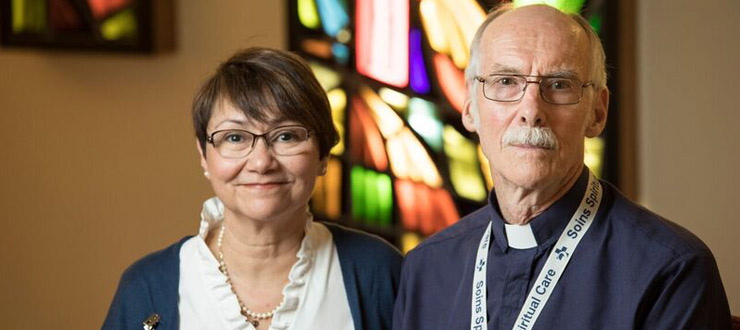
Chaplains Linda Miller (left) and Rev. Tom Granger were part of an interprofessional team that developed the Emergency Spiritual Care Assistance Team (ESCAT) Guide, which helps ensure that spiritual and emotional support does not get missed during a disaster or Code Orange.
In any disaster or Code Orange, medical attention for victims is crucial. But they, along with their families and loved ones, also need spiritual and emotional support. That’s what inspired The Ottawa Hospital to develop the Emergency Spiritual Care Assistance Team (ESCAT) Guide – the first of its kind in North America.
“In the spiritual care realm, this is without precedent,” said Geneviève Côté, Professional Practice Manager for Psychosocial Services. “We are asked for it regularly and expect quite a bit of uptake now that it is in a nice, published format.”
The team trains local faith group members in disaster response and disaster spiritual care so that they can work alongside hospital chaplains during a Code Orange. This program was then outlined in the ESCAT Guide, which teaches other hospitals and facilities how to create their own ESCAT program based on their resources and stakeholders.
ESCAT provides a spiritual care component to The Ottawa Hospital’s emergency preparedness plan. With ESCAT, the hospital can better provide comprehensive, compassionate care to those affected by a tragedy.
For every one casualty in a disaster, it’s estimated there are hundreds of people who need psychological and spiritual help after the event. By helping to provide spiritual and emotional support to victims, families, loved ones and staff members, ESCAT ensures that this key component to world-class care does not get missed.
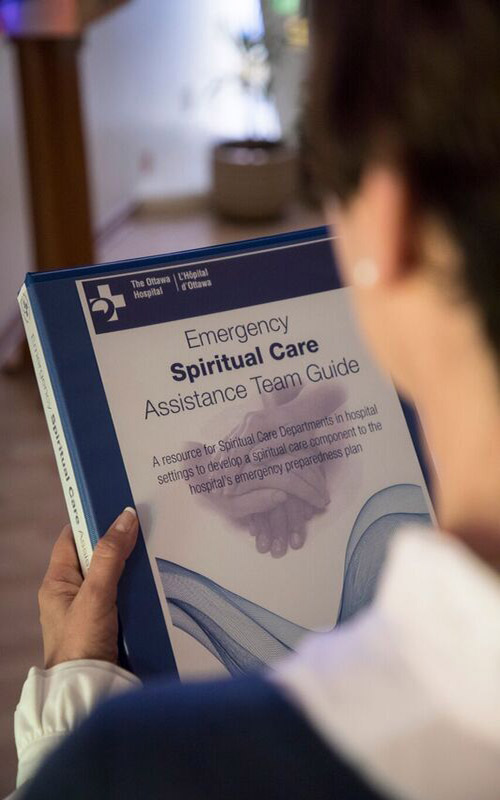
The ESCAT Guide outlines the structure, processes and functions of a disaster spiritual care team pre-disaster, during disaster and post-disaster. This includes information about administrative committees, volunteer recruiting and screening, training workshops, and communication for before, during and after a disaster.
Côté first experienced the need for ESCAT during the OC Transpo-VIA Rail bus-train crash in 2013.
“ESCAT members arrived to provide spiritual and emotional help for families and loved ones of those involved,” said Côté. “During difficult times, individuals need health-care professionals to speak with about the kinds of emotions they’re experiencing. With this guide, we are better prepared to provide that to them in the most comprehensive way possible.”
At the time of the crash, TOH staff chaplains worked with representatives from all faiths within the community, to ensure that resources were available for patients of all spiritual backgrounds and beliefs.
Staff chaplains worked with community leaders to develop the ESCAT Guide. Since the guide’s release in April, The Ottawa Hospital has received requests from health-care organizations all over North America, each of them looking to implement ESCAT in their own hospital. The team has also been invited to present a workshop on it at the Association of Professional Chaplains Conference in Houston, Texas.
If you would like to learn more about ESCAT or the ESCAT Guide, contact escat@toh.on.ca.

Support patient care and research at
The Ottawa Hospital
You might also like…
We’ve got you covered: The Ottawa Hospital now offers bandages for a variety of skin tones
Whenever you’ve scraped your knee or had your blood drawn, odds are your bandage was the same colour every time. Peach has been the default hue for over a century — but no longer at The Ottawa Hospital.
The power of community @ TOH
Last year, Registered Nurse Macrina Valcin created an intricate display on her unit for Black History Month, transforming the unit’s bulletin board into a powerful celebration of Black people, culture and history. This year, thanks to the warm support and encouragement from a newly formed inclusive community, Macrina is showcasing her passion project to a much larger audience.
New gender-affirming surgery clinic now accepting patients
The Ottawa Hospital’s new gender-affirming surgery clinic is truly one of a kind. Launched in September 2023, it’s the only clinic in Ontario to offer trans and non-binary patients facial, top and bottom procedures. Plastic Surgeon Dr. Nicholas Cormier and his team are happy to announce that they are now accepting patient referrals from physicians.
These volunteers turn chocolates and stuffed animals into MRI machines
We all know that a gift has the power to bring a smile to someone’s face. But did you know that the gifts you buy at our gift shops also have the power to help us buy important medical equipment? Our shops are run by a group of fundraising volunteers and staff from The Ottawa Hospital Auxiliary. Here are some other ways their efforts help make meaningful change.
Mental health professionals and paramedics team up to help people in crisis
Seven days a week, a mental health professional from The Ottawa Hospital hits the road with a paramedic from the Ottawa Paramedic Service. Together, they respond to 911 calls for mental health emergencies across the city. Social worker Cindy Gill and paramedic Scott Farrell share how the Mental Wellbeing Response Team provides quality care for patients out in the community.
Loud and proud: The Ottawa Hospital at Capital Pride 2023
“You belong! We belong! Together we are strong!” Come behind the scenes at Capital Pride 2023 to see how we celebrated with the 2SLGBTQI+ community in this super-colourful photo essay.


 To reset, hold the Ctrl key, then press 0.
To reset, hold the Ctrl key, then press 0.
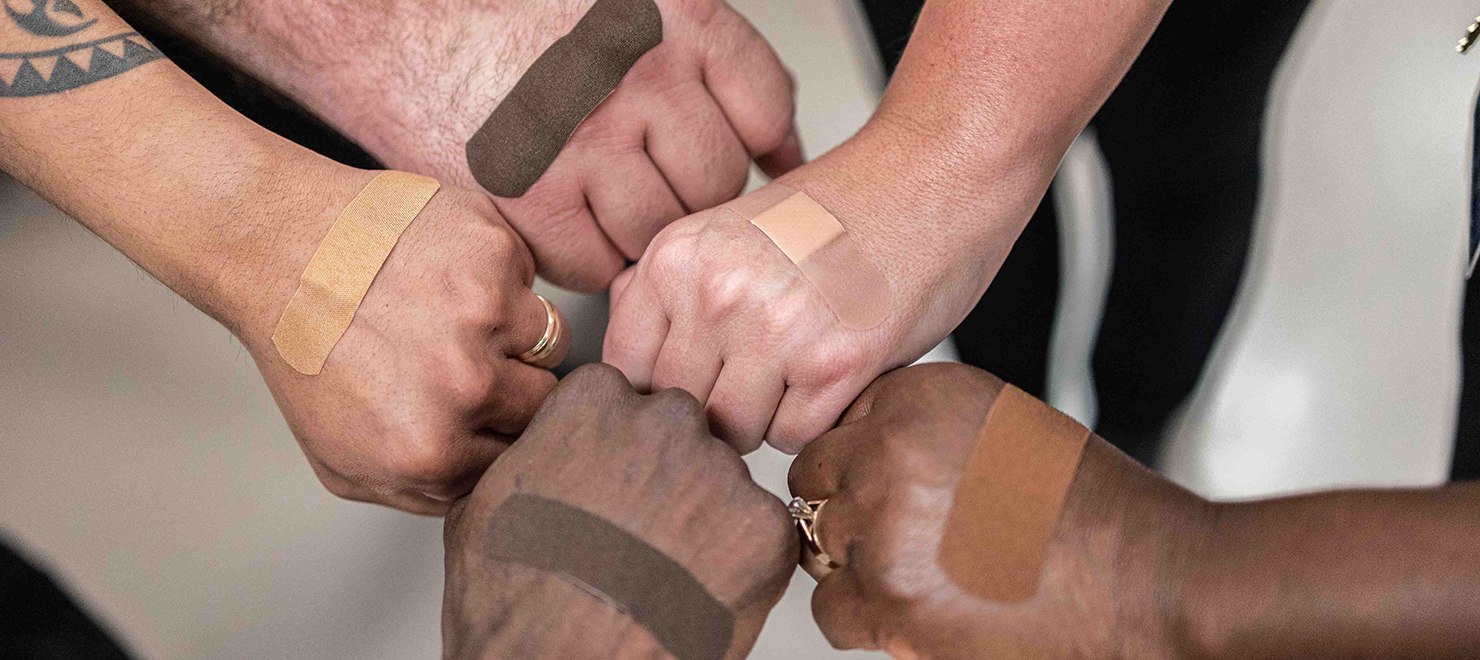

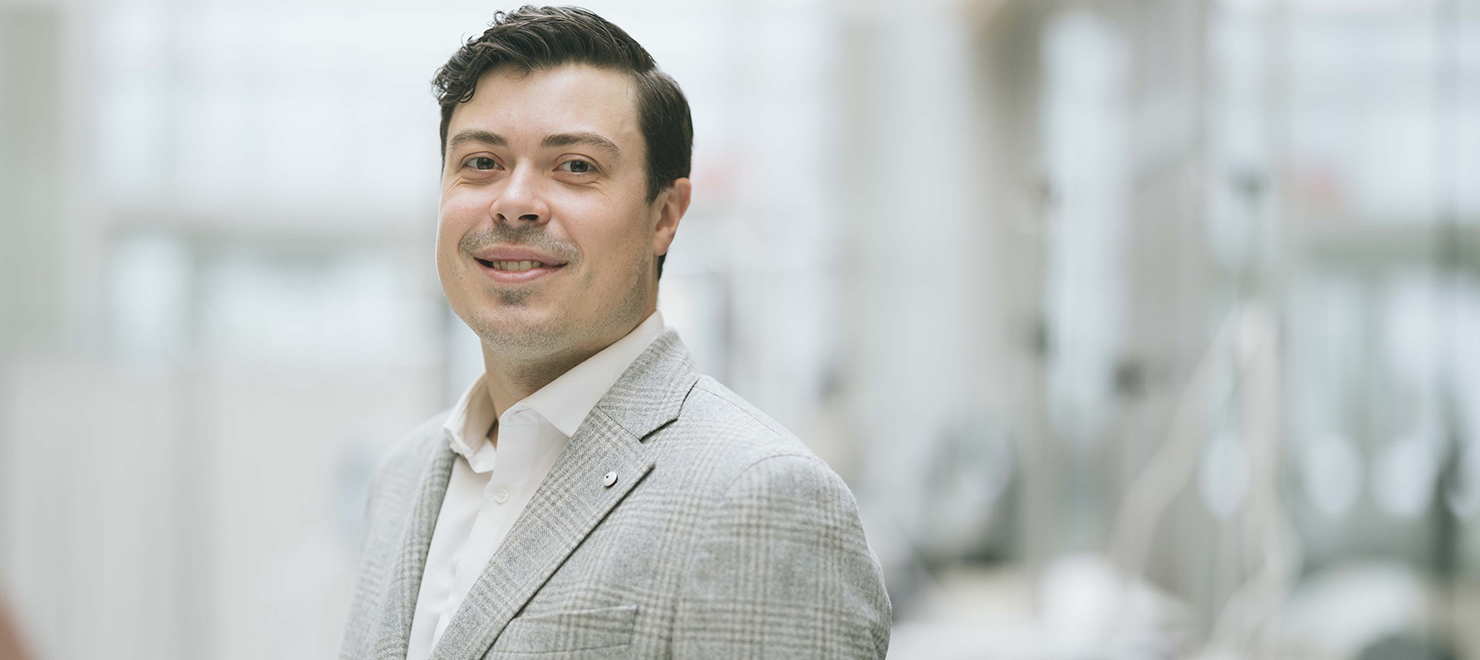
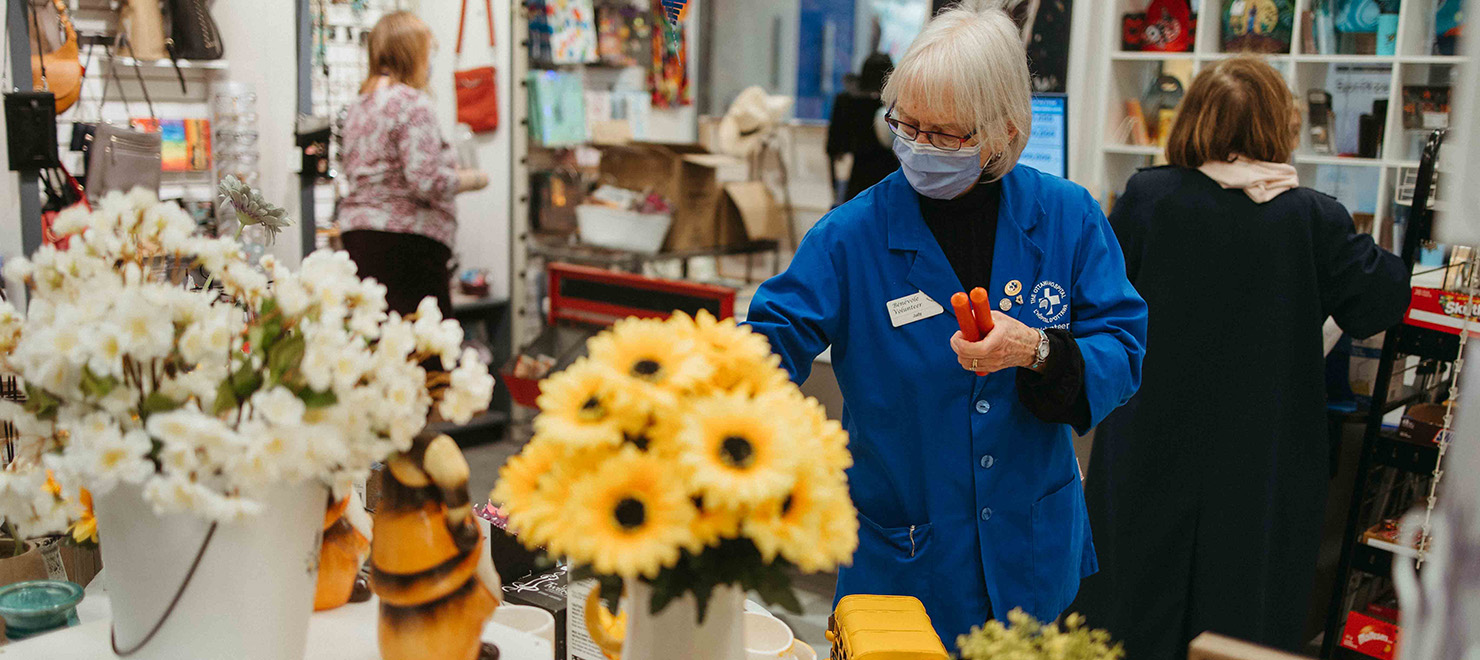
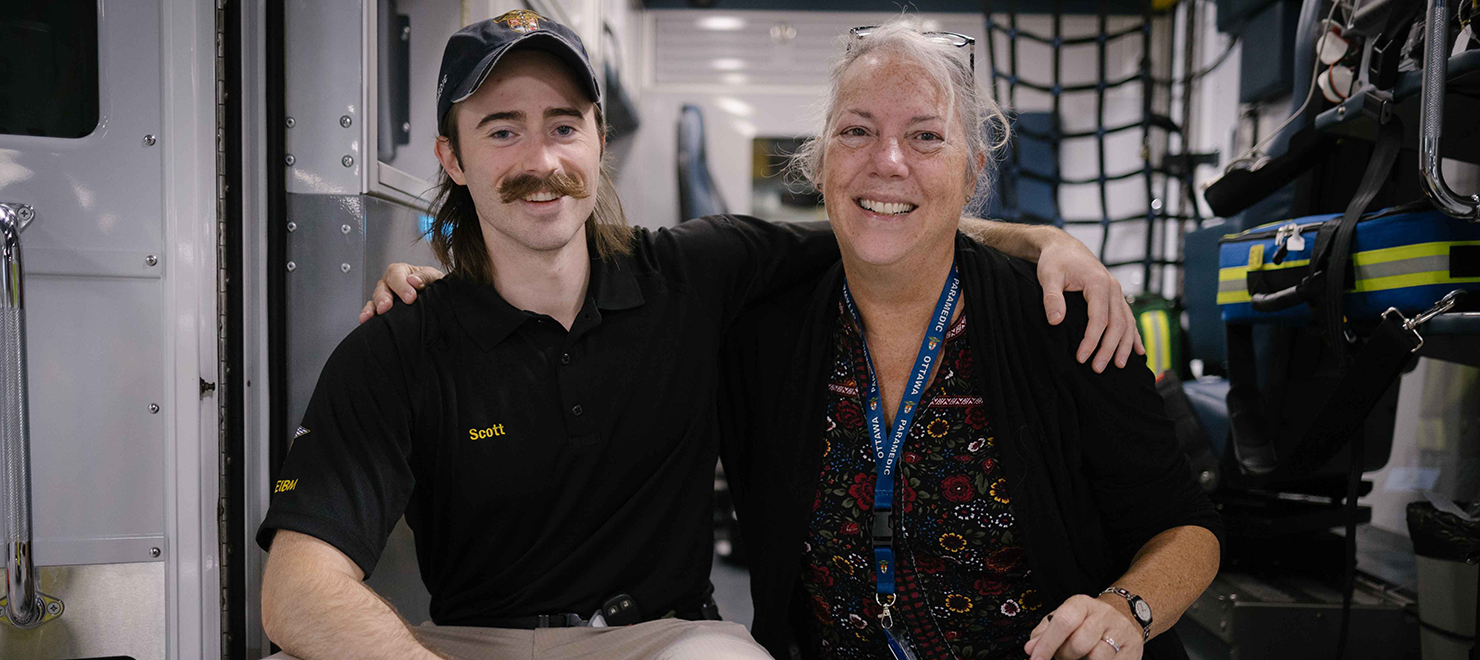
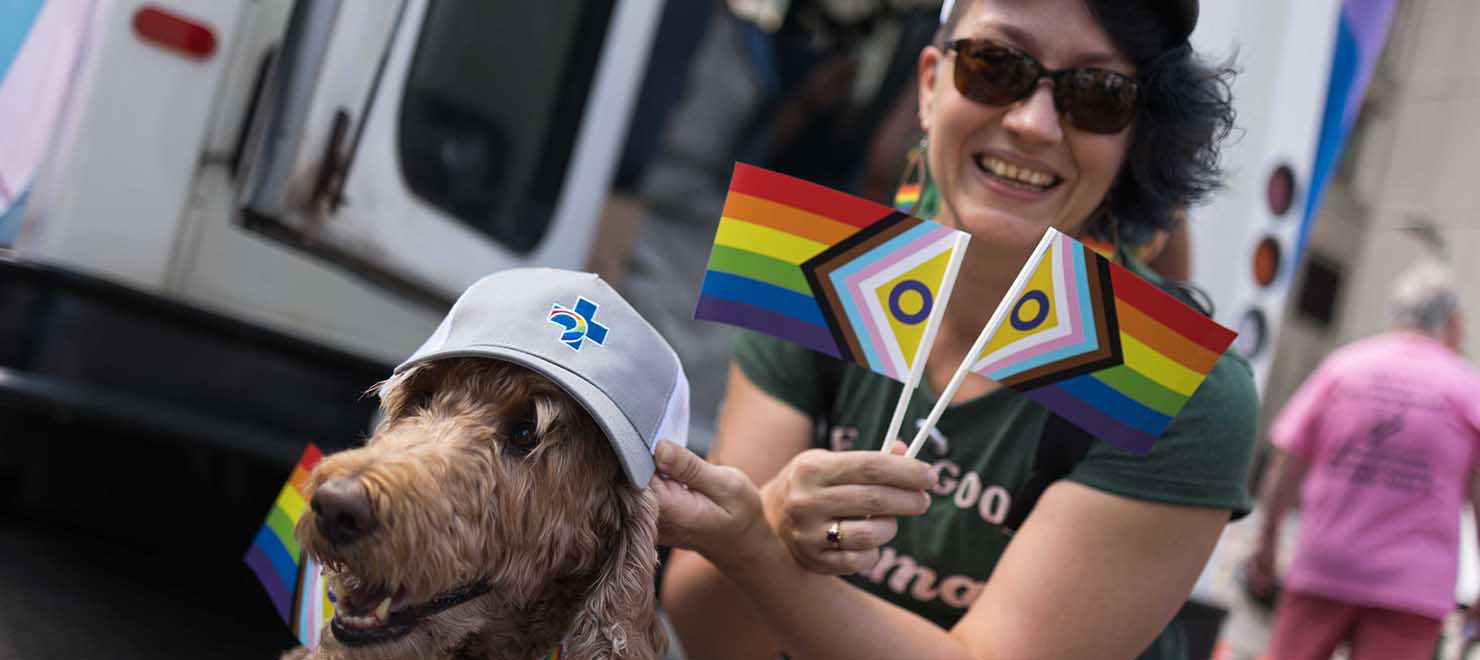
Comment on this post